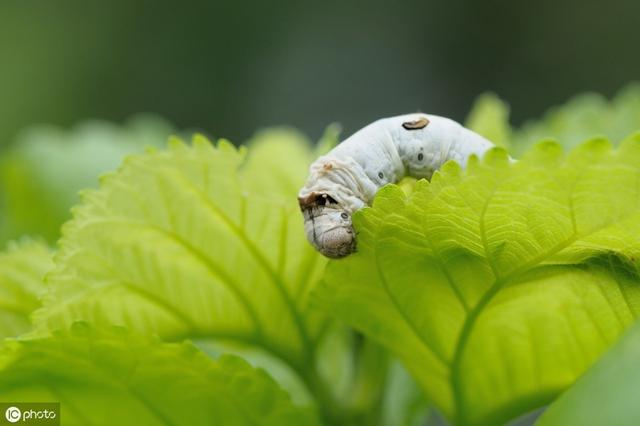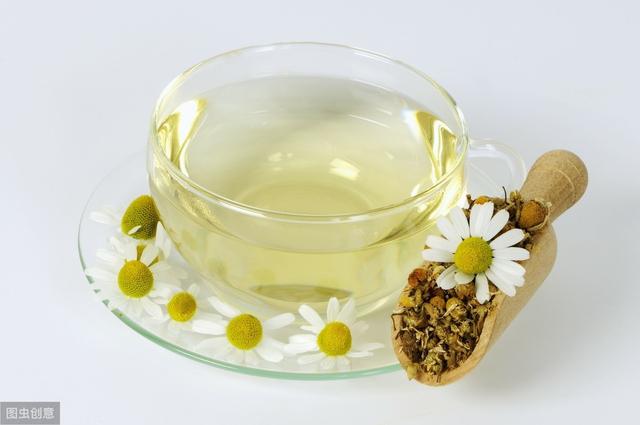The Materia Medica Compendium says that mulberry leaves can cure diabetes, so why do you feel that you rarely see doctors using mulberry leaves to lower blood sugar?
The Compendium of Materia Medica" said mulberry leaves "tea to quench thirst", this statement is still very pertinent, of course, later scientific research in the mulberry leaves found in the ecdysterone has a hypoglycemic effect.
However, the so-called hypoglycemic effect of all herbal ingredients is very small, that is, mulberry leaves may contain hypoglycemic ingredients do have a hypoglycemic effect, but it contains a minuscule amount of the so-called a kind of dose-dependent drugs, that is, the larger the dosage, the better the hypoglycemic effect of the drug for the minuscule hypoglycemic effect can basically be ignored.
Because to have some glycemic effect, what you might need is a few tons of mulberry leaves, and do you imagine it's realistic to use that many mulberry leaves to lower sugar?
So why did Li Shizhen, the ancient medicine man, make the conclusion for everyone that mulberry leaves can quench thirst, that is, they can cure diabetes?
I think.tea substituteThese two words are very important, and the mulberry leaf, which is consumed as a tea, allows diabetics to drink more water, which is one of the more important means of treatment for diabetics.
For patients with acute elevated blood glucose, our first treatment measure is fluid replacement, including water and fluid replacement, and the amount of fluid replacement should be relatively large within 2 hours of the onset of the disease in order to have a better therapeutic effect.
For ordinary diabetics, we are also asking patients to drink more water, because when the patient's blood sugar rises, the amount of urine is relatively high, water is excreted with urine, the patient will be in a dehydrated state, it is very necessary to drink 2000-3000 milliliters of water per day. The Dietary Guidelines for Chinese Residents also make requirements for the amount of water to be consumed by Chinese residents, that is, at least 2,000 milliliters of water should be consumed every day.
Simply drinking plain water many people may not be able to adhere to, but our country also has tea, there are many such as bamboo leaves, chrysanthemum, gibberellic acid, dandelion and so on colorful teas, many people add a little teal, will not know how to drink a lot of water.
The Chinese herbal ingredients in our famous proprietary Chinese medicine "Quenching Thirst Pill" are Pueraria Mirifica, Radix Rehmanniae Praeparata, Radix Astragali, Astragalus Membranaceus, Rhizoma Pinelliae, Radix et Rhizoma Cornu Cervi, Fructus Schisandrae Chinensis, and Fructus Mori. The main hypoglycemic ingredient, glibenclamide, has not been added, nor has the hypoglycemic ingredient, mulberry leaf, been added.
That's why I think that plant-based tea substitutes are very beneficial for diabetics to control their blood sugar, not restricted to mulberry leaves.
I'm Dr. Sun, pay attention to Dr. Sun talk about sugar, continue to learn more quality health knowledge, help please like, have questions please leave a message, will reply!
Thank you for your invitation. In recent years, the incidence of diabetes mellitus has been increasing in an "explosive" manner, and it has become a serious threat to human health. Although new hypoglycemic drugs are being developed, researchers have been looking for cheap hypoglycemic drugs with multiple targets and good safety due to their high price and side effects.
Mulberry leaves have also attracted attention in recent years due to its medicinal and food plants, which are rich in alkaloids, flavonoids and polysaccharides and other biologically active components, and the research on its effect on diabetes has also made great progress. It should be said that it is a very promising plant material.
Introduce a little animal experiment results: different concentrations of mulberry leaf extract mulberry leaf polysaccharide given to diabetic mice by gavage for 6 weeks, their fasting blood glucose, glycated serum protein decreased, this change is related to the dose; mulberry leaf polysaccharide can reduce malondialdehyde content (the substance increases the risk of atherosclerosis), increase the concentration of superoxide dismutase (the substance has an antioxidant effect) in diabetic mice; in addition, mulberry leaf polysaccharide has the effect of increasing the sensitivity of pancreatic beta cells and controlling the rise of postprandial blood glucose. sensitivity of pancreatic betacells and control of postprandial blood glucose elevation. Bottom line: mulberry leaf polysaccharide is a promising plant extract.
Of course, there are two sides to the story, promising does not mean that it can be used in the clinic immediately! Just because it is effective in animal experiments does not mean that it is effective in human beings, and the real effect must be confirmed by further clinical studies. It must also be pointed out that the mulberry leaf due to its active ingredient content may also be insufficient, even if the active ingredient of diabetes has a certain efficacy, but due to the low content, the effect may also be poor, all of which also need to be further clinical confirmation. Welcome to my headline-Jiangsu Provincial Cancer Hospital Li Feng.
There is no prescription for diabetes, and there is no single drug that can cure it. The key is to adopt a correct and scientific diet.
Bitter sweet, back to the pre-liberation, eat sweet potato flour noodles, eat sorghum corn flour buns, sesame oil mixed with shredded rooibos, dumplings dipped in garlic juice, drink wild vegetable soup, cabbage and tofu soup, see where diabetes still run.
Mulberry leaves to lower sugar just like celery to lower blood pressure, down is down, can need to amount, eat a few pounds to have some effect. So diabetics are distant water can not quench the thirst.
The Materia Medica should not say so! Because the word "diabetes" is never found in Chinese medicine.
Diabetes is the treatment if the use of traditional Chinese medicine, first of all, or from the overall approach, evidence-based treatment, can not simply choose a particular drug.
This question and answer are from the site users, does not represent the position of the site, such as infringement, please contact the administrator to delete.